Tear gas and rubber bullets hold off the protestors marching to Government House in Bangkok. They’re looking for Prime Minister Prayut Chan-ocha, who they blame for Thailand’s Covid plight. As Covid cases continue to rise in Thailand, the protestors have three demands: the resignation of Prayut, more funding for the country’s Covid response, and for the country to stop using the Chinese-made Sinovac vaccine.
Already a subscriber? Log in
Subscribe for just $2 a week
Try a month of The Spectator Australia absolutely free and without commitment. Not only that but – if you choose to continue – you’ll pay just $2 a week for your first year.
- Unlimited access to spectator.com.au and app
- The weekly edition on the Spectator Australia app
- Spectator podcasts and newsletters
- Full access to spectator.co.uk
Or


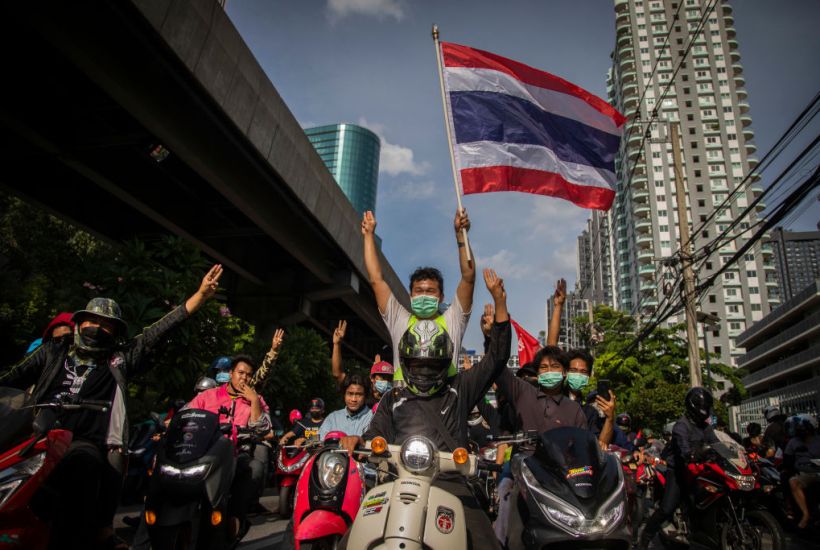
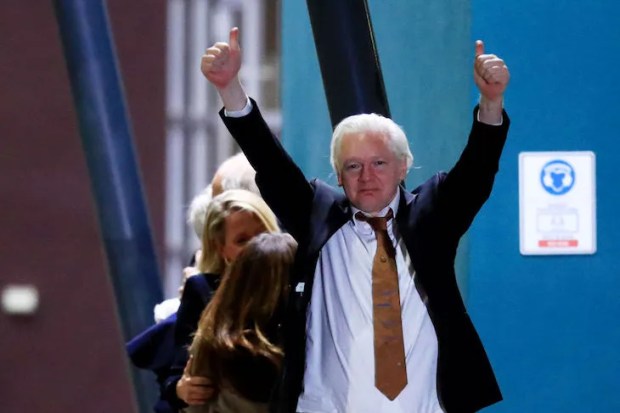
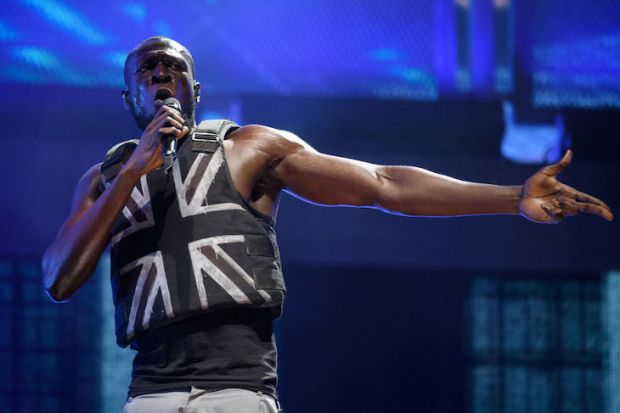
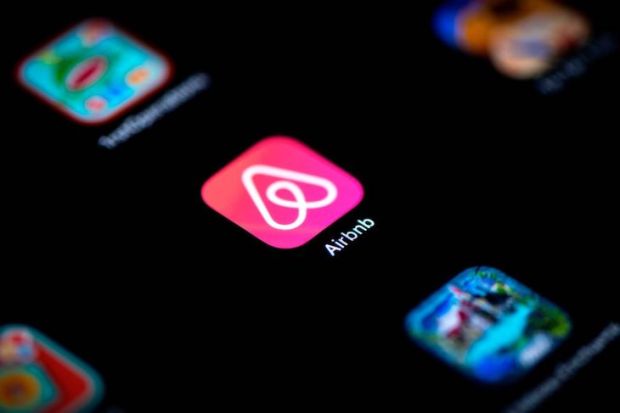
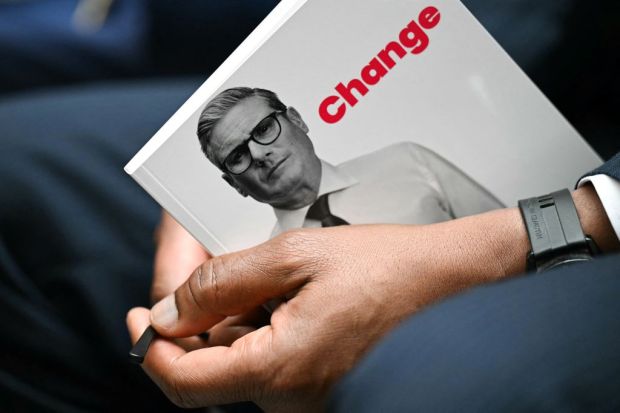
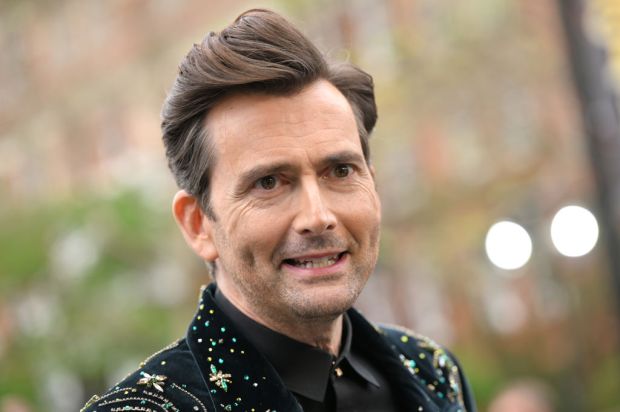













Comments
Don't miss out
Join the conversation with other Spectator Australia readers. Subscribe to leave a comment.
SUBSCRIBEAlready a subscriber? Log in